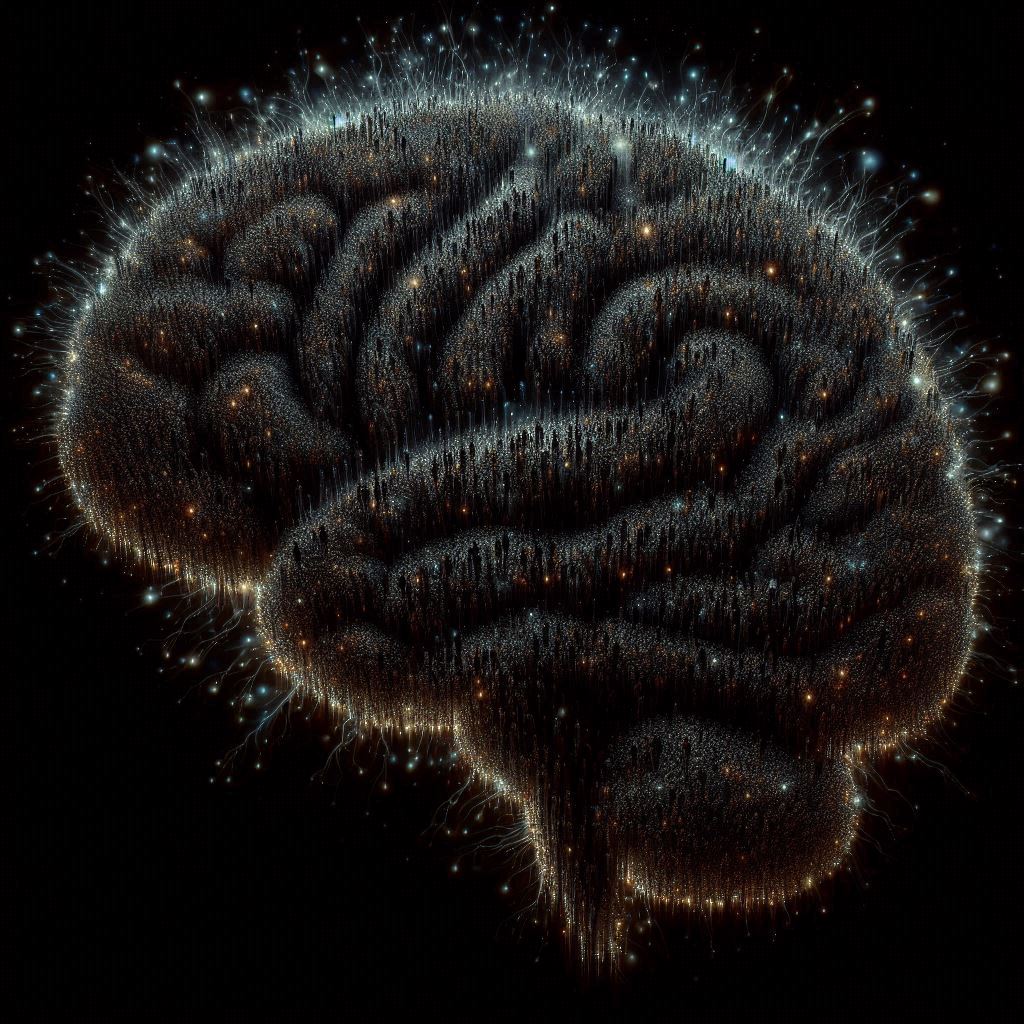The Psychological Power Of Being Happily Unhappy In Control Maybe
Mastering Your Mind and Life
Who Is In Control???
The desire for control is a fundamental aspect of human psychology. It influences our decisions, behaviors, and overall sense of well-being. Understanding the psychology behind the need for control can help us navigate life’s challenges, build resilience, and lead more fulfilling lives.

The Need for Control
Autonomy and Independence
The need for control is closely tied to our desire for autonomy and independence. Having control over our choices and actions allows us to express our individuality and pursue our goals. Autonomy fosters a sense of empowerment and self-determination, which are essential for personal growth and fulfillment. When we feel in control of our lives, we are more likely to take initiative, set ambitious goals, and achieve success.
Sense of Security and Predictability
Control provides a sense of security and predictability in an otherwise uncertain world. Knowing that we have control over certain aspects of our lives helps us feel safe and reduces anxiety. Predictability allows us to anticipate and prepare for future events, making it easier to manage stress and cope with challenges. A stable and predictable environment contributes to our overall well-being.
Managing Uncertainty and Change
Uncertainty and change are inevitable parts of life, but the way we perceive and respond to them can significantly impact our psychological health. Having a sense of control over how we handle uncertainty can make us more resilient and adaptable. By focusing on what we can control and accepting what we cannot, we can navigate change with greater ease and confidence.
The Impact of Control on Mental Health
Control and Stress Management
The perception of control plays a crucial role in stress management. When we feel in control of a situation, we are better equipped to handle stress and maintain a positive outlook. Conversely, a lack of control can lead to feelings of helplessness and heightened stress levels. Developing strategies to regain control, such as problem-solving and time management, can help us manage stress more effectively.
Control and Self-Efficacy
Self-efficacy, or the belief in one’s ability to achieve goals, is closely linked to the sense of control. When we feel capable and in control, our self-efficacy increases, leading to greater motivation and persistence. High self-efficacy is associated with better mental health outcomes, including lower levels of anxiety and depression. Building self-efficacy involves setting realistic goals, celebrating achievements, and learning from setbacks.
Control and Emotional Regulation
A strong sense of control enhances our ability to regulate emotions and maintain emotional balance. By developing coping strategies and mindfulness practices, we can improve our emotional regulation and reduce the impact of negative emotions. Cultivating emotional intelligence helps us navigate complex social interactions and build meaningful relationships.

The Dark Side of Control
Over-Control and Perfectionism
While a sense of control is generally beneficial, excessive control can lead to perfectionism and rigid thinking. Over-control can stifle creativity, increase stress, and strain relationships. Perfectionists often set unattainable standards and fear failure, which can result in burnout and dissatisfaction. Finding a balance between control and flexibility is key to maintaining well-being.
Control and Anxiety Disorders
In some cases, the need for control can contribute to anxiety disorders. Individuals with high levels of control anxiety may engage in compulsive behaviors or avoidance strategies to manage their fears. This can create a cycle of anxiety and control that is difficult to break. Therapeutic interventions, such as cognitive-behavioral therapy (CBT), can help individuals address control-related anxiety and develop healthier coping mechanisms.
Control in Interpersonal Relationships
The need for control can also affect interpersonal relationships. Overly controlling behavior can lead to conflicts, resentment, and a lack of trust. It is important to recognize and respect the autonomy of others while maintaining healthy boundaries. Effective communication, empathy, and compromise are essential for building and sustaining positive relationships.

Strategies for Enhancing Control
Setting Clear Goals and Priorities
One of the most effective ways to enhance control is by setting clear goals and priorities. Having a sense of direction and purpose helps us focus our efforts and make informed decisions. Breaking down larger goals into manageable steps allows us to track progress and stay motivated. Prioritizing tasks ensures that we allocate our time and energy to what matters most.
Developing Problem-Solving Skills
Problem-solving skills are essential for managing challenges and regaining control. Identifying the root cause of a problem, generating potential solutions, and evaluating their effectiveness are key steps in the problem-solving process. By approaching problems systematically, we can develop effective strategies for overcoming obstacles and achieving our goals.
Practicing Mindfulness and Self-Compassion
Practicing mindfulness can help us stay grounded and reduce the impact of stress and anxiety. Self-compassion, or treating ourselves with kindness and understanding, is also important for maintaining a healthy sense of control. By acknowledging our limitations and embracing self-compassion, we can build resilience and foster a positive mindset.
Join the Discussion
How do you navigate the need for control in your life? What strategies have you found effective for managing stress and uncertainty? Have you experienced any challenges related to control in your relationships or personal growth?
Conclusion
Embrace the Power of Control
The psychology of being in control highlights the importance of autonomy, security, and resilience in our lives. By understanding our need for control and developing strategies to enhance it, we can improve our mental and emotional well-being. Embracing the power of control allows us to navigate life’s challenges with confidence and build a more meaningful and fulfilling existence. Remember, it’s not about controlling everything, but about mastering our response to the things we can influence.








4 Comments